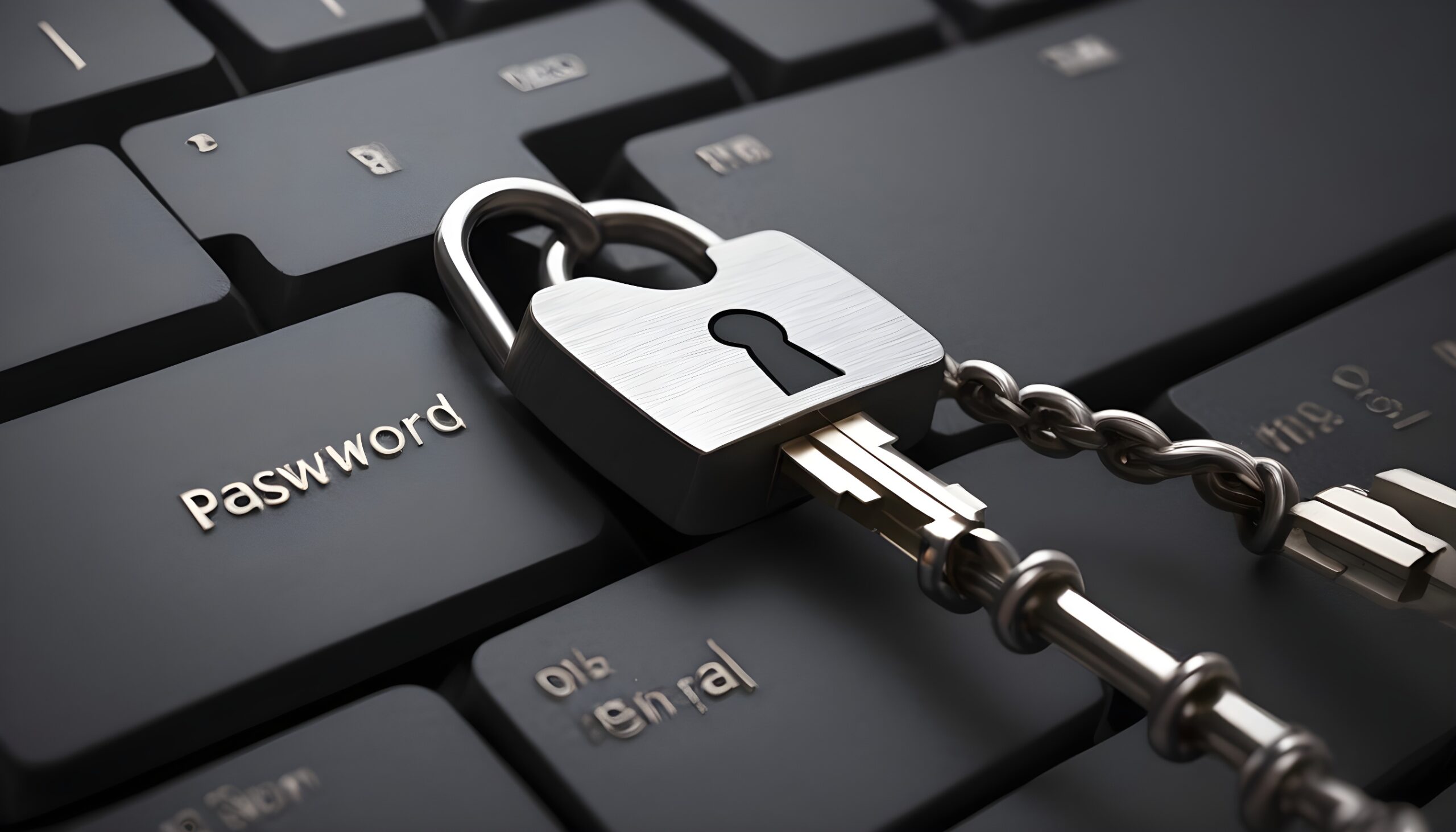In the digital age, be it kids or adults, almost everyone has a social or bank account. Therefore, protecting these accounts becomes the utmost priority. The first step in securing accounts is securing passwords.
Users always use a username and password to authenticate themselves and gain access to their accounts. A weak password makes it so bad that actors or attackers can easily break into the account.
Importance of Securing Passwords
Firstly, passwords are a first line of defense when accessing your accounts. Additionally, having secure passwords makes it harder for unauthorized users, attackers, or hackers to gain access to your account. Basic, unsophisticated attacks, such as brute-force attacks, can easily compromise weak passwords used to secure an account.
Some key reasons for securing passwords are:
- Prevent unauthorized access: Passwords act as a barrier and prevent unauthorized users from gaining access to an account
- Protection of Personal Information and Data: Passwords protect personal, sensitive, and financial information stored in an account.
- Prevent Identity Theft: When attackers gain possession of a user account password, they can log in and steal the user’s identity, leading to financial or reputational loss.
- Preventing Cyber Threats: Strong passwords fight against cyber threats by making it harder for criminals and attackers to guess the password using brute force attacks.
- Prevent financial loss: In the digital age, most transactions occur online, and weak passwords can result in unauthorized transactions from a user’s financial accounts, leading to financial loss.
Case Study: Mother Of All Breaches
In January 2024, security researcher Bob Diachenko of SecurityDiscovery.com uncovered a massive 12 TB database containing over 26 billion records from various security breaches. This massive database is known as the Mother Of All Breaches or MOAB for short. This database contains leaks from various sites, including social media platforms like X (formerly Twitter), Meta (formerly Facebook), and Instagram, to name a few. Security experts believe that the dataset includes new data from undisclosed breaches as well as all the other previous historical breaches. If someone compromised or breached your account, then they likely included your data, including passwords, in this database. This database exposes users to various attacks by malicious actors because it contains not only passwords but also sensitive information.
This database is a stark reminder of why users should secure their accounts with secure passwords and multifactor authentication (MFA).
Best practices for securing passwords
Below are some of the best practices to follow to ensure that your password and, in turn, your accounts are secure:
- Strong Passwords: Choose passwords that do not have common dictionary words, with at least one number and a special character. Avoid passwords with easily guessable or personal information like the names of pets, children, etc.
- Implement Multifactor Authentication (MFA): MFA, or multifactor authentication, provides an additional layer of security in combination with passwords, such as a one-time pin (OTP) sent to a mobile device, a code generated on an app on a mobile device, or a hardware security device, to name a few.
- Regularly update passwords: Always update your passwords at least once every 2-3 months and avoid using previously used passwords.
- Do not Reuse Passwords: If you reuse the same password for different accounts, you risk compromising all your accounts if even one of them is hacked.
- Do not Write Down Passwords: Writing down passwords may sound like a good idea at first, but losing this written password can compromise your account’s security.
- Beware of phishing attempts: Never click on unsolicited emails or suspicious links that require you to enter your login credentials. Use websites like Virus Total to check the link and see if it is secure.
- Lengthy passwords: the longer the password, the harder it is to crack. So, it is good practice to have a password that is 12 to 15 characters long.
- Use password managers: Password managers are tools that generate lengthy and unique passwords for all your accounts. You only need to remember one password to access them.
- Don’t Share Passwords: Do not share passwords with anyone, be it a colleague, friend, or even a family member. Because bad actors may manipulate them into revealing your credentials, even if they mean no harm.
By following these tips, you can ensure that the passwords securing your valuable data are strong and secure.
Conclusion
In the digital age, where threats are constantly evolving and becoming more sophisticated, password security is no longer an afterthought but has instead become a non-negotiable imperative. Only by having a secure and strong password as a gatekeeper can we have a secure digital fort.







